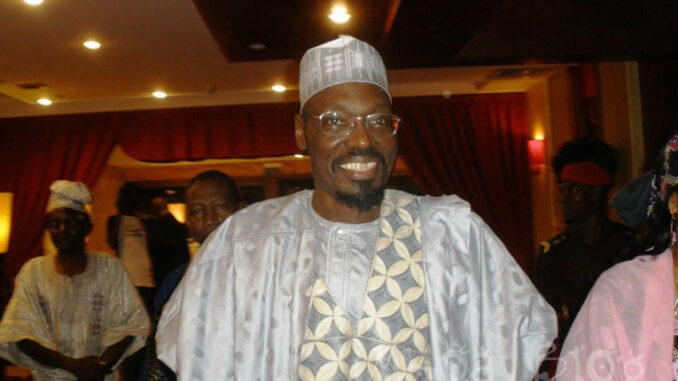
Veteran Cameroonian politician Issa Tchiroma Bakary has resigned from President Paul Biya’s Government, signalling a dramatic political shift just four months before national elections.
Tchiroma, a long-standing ally of Biya and former Communications and Employment minister, declared his intent to dismantle what he termed the “old system” of power entrenched over Biya’s 40-year rule.
In a bold move, he joined the opposition Cameroon National Salvation Front (CNSF), promising reforms rooted in decentralisation, including a referendum on federalism to address grievances from the country’s English-speaking regions. He directly appealed to Anglophone Cameroonians, affirming their right to be heard and pledging to reverse decades of marginalisation.
Tchiroma’s departure comes at a time of deep national discontent over high unemployment, rising living costs, endemic corruption, and worsening insecurity. The country continues to grapple with a separatist insurgency in the Anglophone North-West and South-West regions, as well as jihadist violence in the Far North. In his 24-page manifesto, Tchiroma criticised the centralised governance model for paralysing institutions and eroding public trust, while stating that Biya’s rule had brought no tangible benefit to communities like his native Garoua. His candidacy has been met with mixed reactions, with some praising his defection as courageous and others dismissing it as politically expedient given his decades-long loyalty to the incumbent regime.
The Government’s response was swift and repressive, reportedly banning all CNSF activities in parts of the Far North where Tchiroma holds sway. His bid joins a crowded and fragmented opposition landscape, with other challengers like Maurice Kamto also facing harassment and movement restrictions. Analysts suggest that while Tchiroma is attempting to position himself as a reform-minded elder statesman, his legacy within Biya’s administration may undercut his credibility with younger voters and those demanding radical change. Nonetheless, his proposal for federalism could reshape national discourse, especially if it resonates with marginalised groups ahead of the critical October elections.
